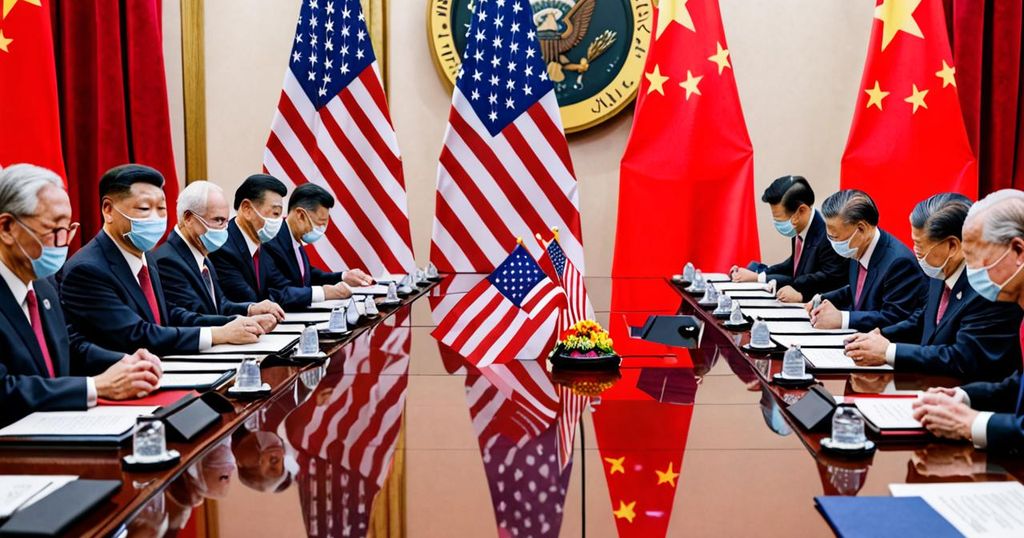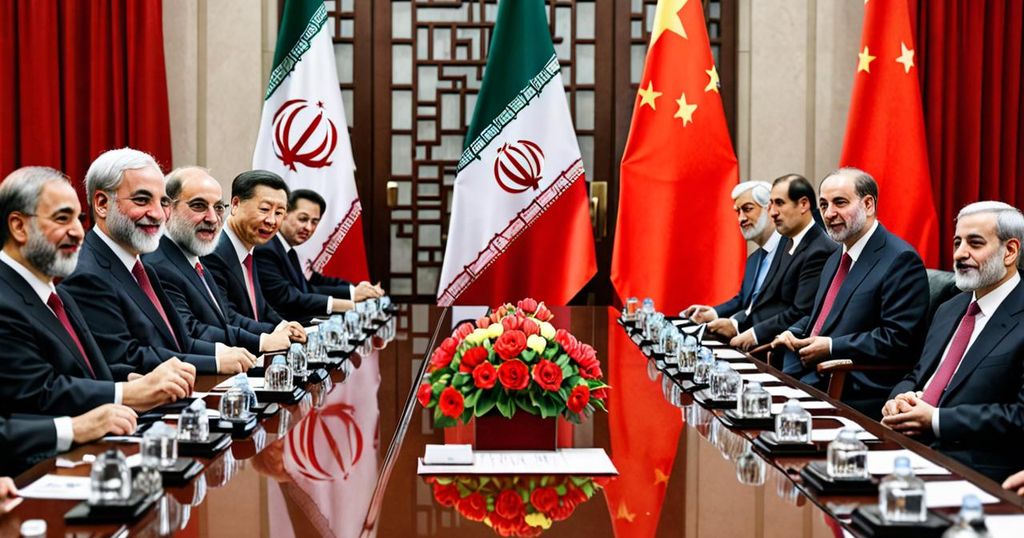The United States has recently made the decision to extend a long-standing science and technology agreement (STA) with China for an additional six months, amidst concerns that the deal may inadvertently contribute to Beijing’s technological and military expansion. The decision to temporarily renew the agreement arises as the US confronts the necessity to address limitations on research data and military applications. While a complete renegotiation of the agreement is on the horizon, experts are providing insights into potential modifications that may alleviate concerns regarding national security risks and imbalanced research collaboration.
The STA, established in 1979 and consistently renewed every five years, lays the groundwork for scientific cooperation between the two nations. However, it has faced heightened scrutiny amid escalating tensions. Some political figures in the US and Europe are apprehensive that the agreement inadequately addresses issues such as reciprocal research relationships, national security, and equitable distribution of scientific knowledge. Additionally, diplomatic negotiations between the European Commission and China have encountered similar obstacles, underscoring the global implications of US-China collaboration.
The extension of the US-China agreement has revived discussions concerning the potential risks and benefits of sustained scientific and technological engagement. Supporters and critics alike highlight the need for enhanced clarity and updated guidelines to align with the evolving landscape of international scientific cooperation. Recommendations for renegotiation include addressing barriers to accessing each other’s data and websites, clarifying the peaceful purposes of collaborative research, and integrating internationally recognized principles of open science.
While efforts are underway to modernize the agreement, apprehensions from US Republicans remain significant. Some lawmakers are increasingly of the view that even basic research cooperation could inadvertently assist China’s national security objectives. Calls to scrutinize agricultural research collaboration have raised concerns about the potential exploitation of civilian partnerships for military purposes, prompting demands for increased congressional oversight and monitoring mechanisms.
Ultimately, the decision to extend the science and technology agreement with China reflects the intricate interplay between scientific progress, national security, and diplomatic relations. As the US navigates the path of renegotiation, it grapples with the challenge of striking a delicate balance between fostering international scientific cooperation and safeguarding its strategic interests. The outcome of these negotiations will likely have substantial implications for global scientific partnerships and geopolitical dynamics.








